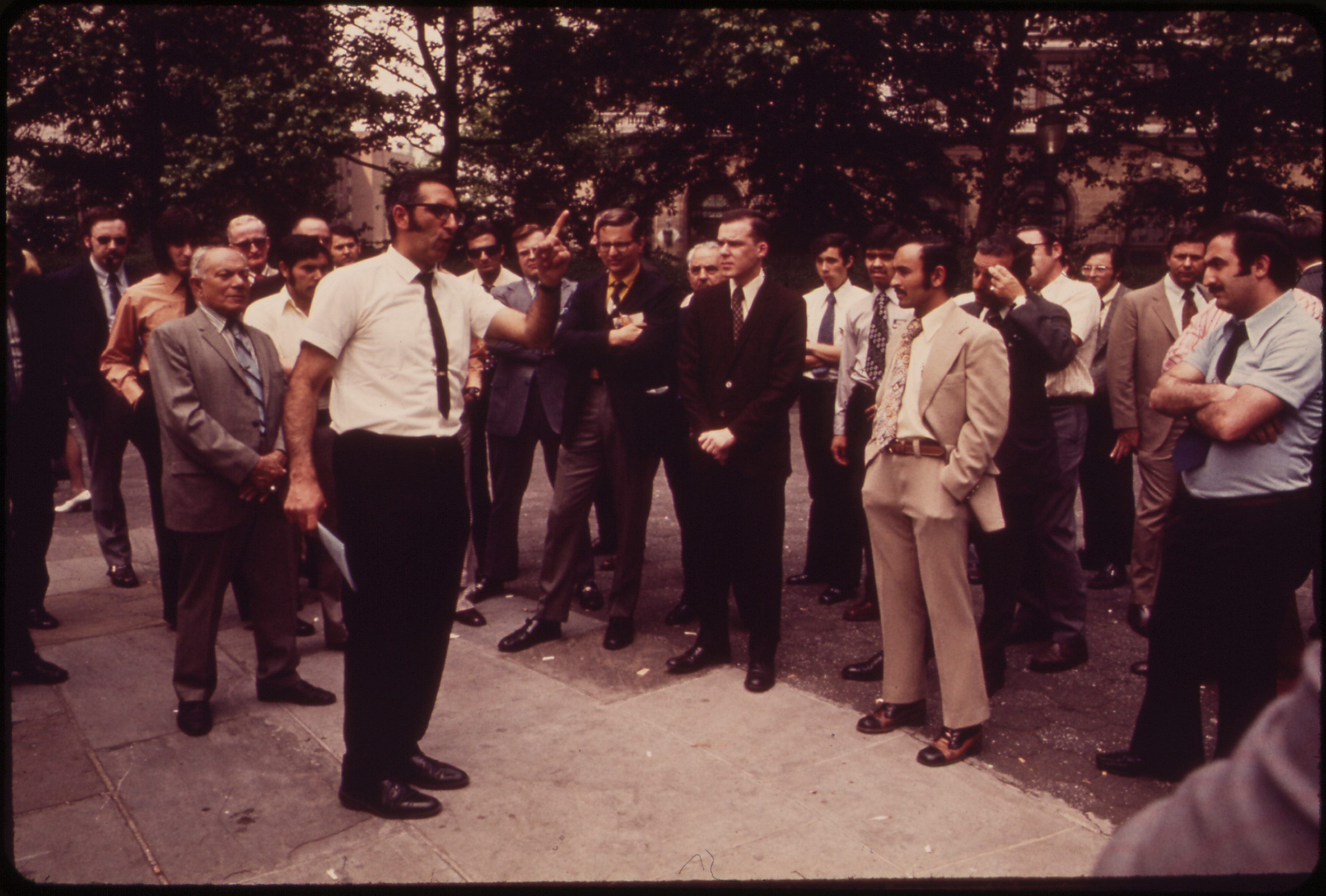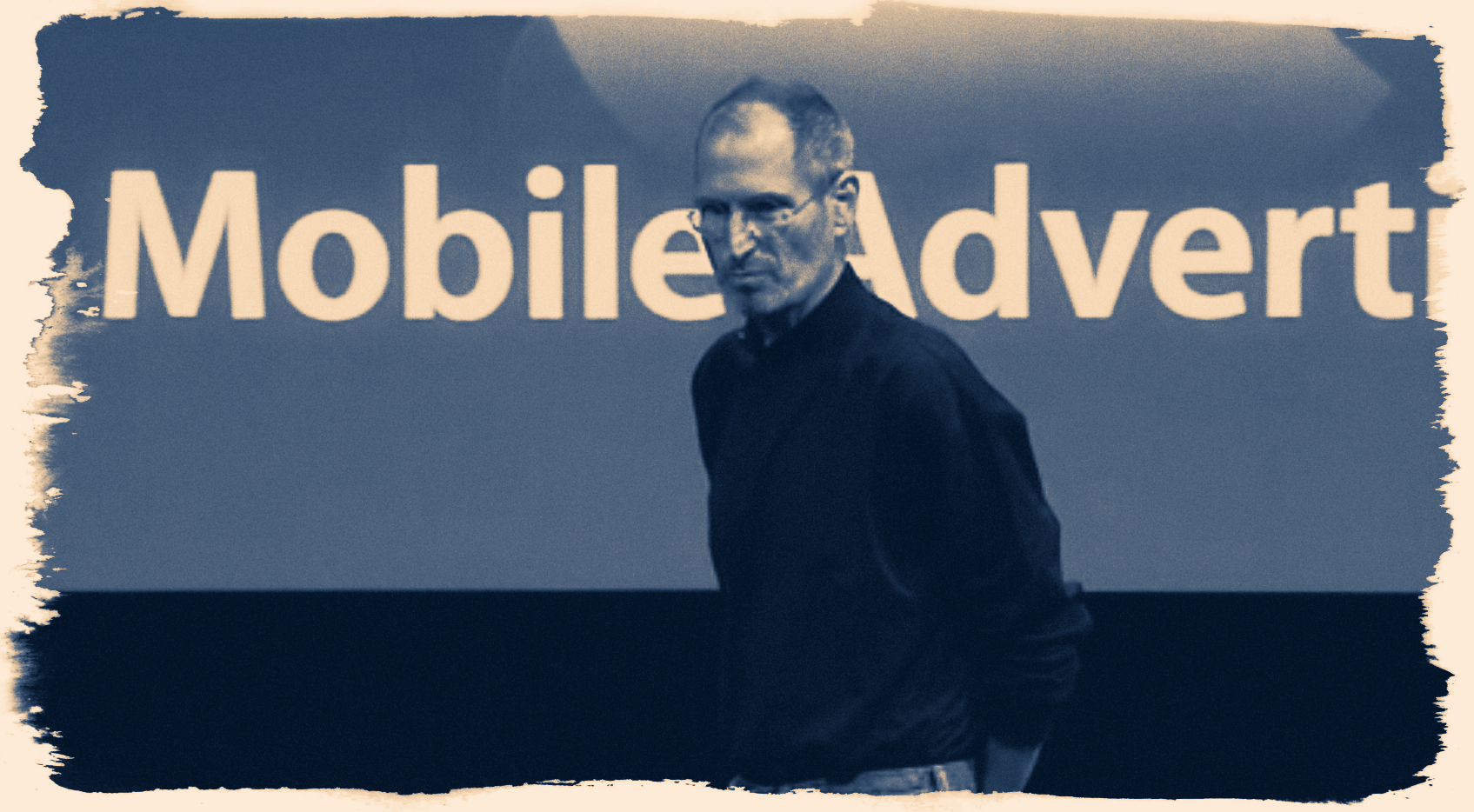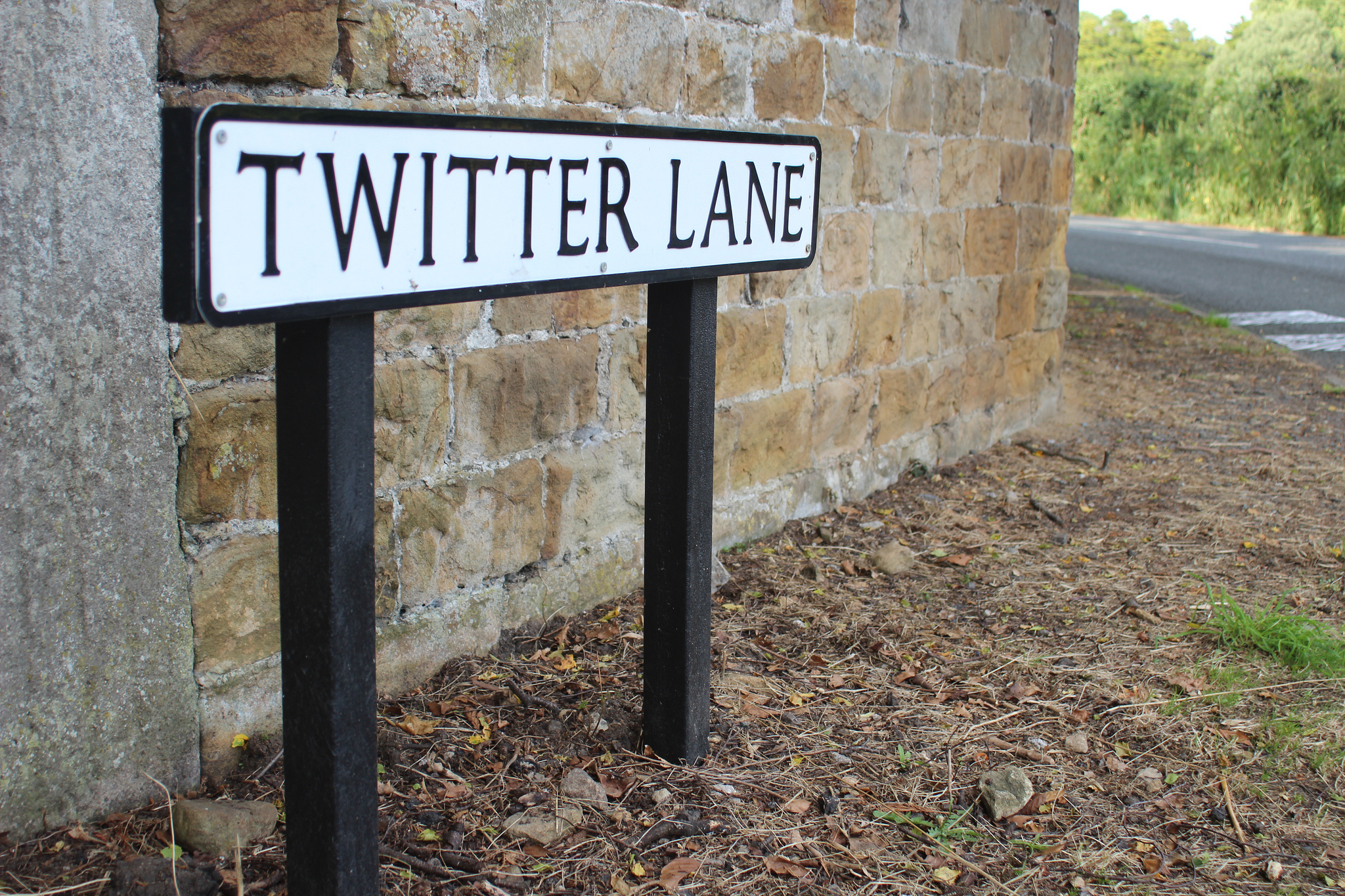Until the Net arrived, the history of media had been a tale of fragmentation. Different technologies progressed down different paths, leading to a proliferation of special-purpose tools. Books and newspapers could present text and images, […]
Category: New Media

Eight Reasons I Love Pop17
If Sarah Austin is the future of journalism, I have hope that accuracy, authenticity and accountability may yet survive. Yesterday, Sarah tumbleblogged something she posted 16 days earlier that I missed: “Blogging Code of Ethics.”
Now there’s a strange concept: Blogging and ethics. It’s strange because I’ve seen too many blogs acting as marketing fronts—and too many others scraping other sites’ content and reposting it for profit. In neither case does much fact checking go along with the blogs. I identified the problem in posts “The Difference Between Blogging and Journalism” and “Gossipers of the InterWeb.”

Comments, No-Comments Debate gets Noisy
People love catfights, which perhaps explains some of the interest in the comments/no-comments debate between me and Mac blogger John Gruber. It’s a pseudo-debate, really, since the only engagement is blog posting. John and I haven’t directly communicated.
I started it all, by calling out John for not having comments on his blog. I told him to “Be a man,” which I actually meant with some backslapping good nature. But some people are morally offended. Stacia Van Doll reblogged the post as: “QUIT being a douchebag Joe Wilcox.”

Of Course, Technology Changes You
Over the weekend, I unexpectedly read New York Times Op-Ed “Mind Over Mass Media,” by Harvard psychology professor Steven Pinker. Professor Pinker rallies for the status quo, argung that “new forms of media have always caused moral panics…but such panics often fail basic reality checks.” He talks of a panic, but I don’t see one. However, there is a new book generating some debate—Nicholas Carr’s The Shallows: What the Internet is Doing to Our Brains. The Op-Ed is rebuttal without reference.

New Media Is All About Personality
New media—and social media, for that matter—share something in common with old media moguls: Personality, as in the persons so acutely identified with the organizations. The brands are big, but often no bigger than the people behind them.

Shield Laws Protect Sources
There seems to be a fundamental misunderstanding among many bloggers, journalists and the general public about the purpose of shield laws. They are not meant to protect journalists. The laws exist to protect journalists’ sources. The shield extends to journalists so they can’t be forced to reveal confidential sources or to have information about their sources forcibly seized.

Gizmodo Made the ‘Next iPhone’ a Great Story
I have deeply mixed feelings about siding with Apple and not Gizmodo regarding the iPhone prototype the Weblog paid to acquire. After all, as a seasoned journalist, I should strongly advocate no-questions-asked free speech. Instead, last night I blogged for Betanews: “Apple should sue Gizmodo over stolen iPhone prototype“. I had planned to write something here, but Betanews founder Nate Mook asked for a story, which I gladly delivered.

I was gouged by the Macalope and Lived
I am not the most popular journalist among the so-called Mac faithful. I’ve written some tough stuff about Apple over the years, and most of my analyses proved right long after my public lynchings. One of my posts from summer 2009 set off John Gruber, aka “Daring Fireball.” The blog post was a personal challenge to Apple chief executive Steve Jobs to return to work and do well.

A Mashable Post Mortem
Yesterday, I raked Mashable’s Ben Parr for his assertion that Apple’s then yet unannounced mobile advertising platform posed a credible threat to Google. Now that Apple has announced iAd, and seeing how Ben’s rumor reporting was right about it coming, I circle back for a postmortem. Simply stated: I stand by my assertion that his sourcing was weak and that he didn’t support bold assertions that Apple’s still unreleased mobile ad platform is way ahead Google’s.

Gossipers of the InterWeb
Am I the only one to see the irony? March 31st New York Times post “The Rising Stars of Gossip Blogs” begins with a story about “a 25-year-old Village Voice gossip blogger and University of Utah dropout named Foster Kamer” breaking a big scoop about Business Insider: Fallen dot-com Wall Street analyst and risen dot-com media mogul Henry Blodget had fired John Carney, managing editor of the Clusterstock blog.

The Difference Between Blogging and Journalism
For the most part, blogging is not journalism. That’s my response to the longstanding debate about whether bloggers are journalists. Bloggers who don’t apply good standards of journalism shouldn’t be offered the same privileges as journalists. Similarly, journalists who fail to apply the same good standards should be stripped of privileges and prestige.

Journalists Must Socially Publish or Perish
News has gone social, claims Pew Internet. LOL, tell me something I don’t know. 🙂 Pew’s report, “Understanding the Participatory News Consumer,” is an informational treasure trove for journalists or would-be journalist bloggers. But it would be much better had Pew surveyed Americans under 18. Instead, the organization surveyed 2,259 US adults, ages 18 or older, between Dec. 28, 2009 and Jan. 19, 2010. Crucial demographic “Internet users” is 1,675. Why did Pew ignore the most important socially active demographic group? Teenagers?